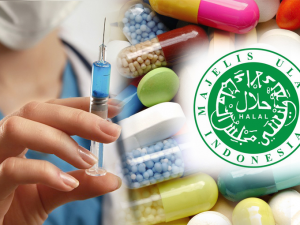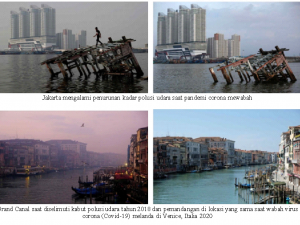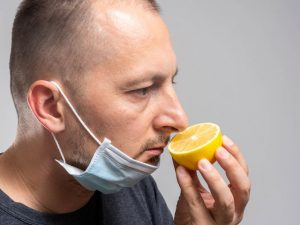
“Hardvard’s Theodore Levitt” reveals that innovation is the ability to apply creative solutions to existing problems and opportunities to further the welfare of people’s lives. In brief, innovation is doing something new and usable by society to solve problems. From innovations or creations, intellectual property (IP) arises, becoming the wealth that arises as a result of human thought. In simple terms, intellectual property is assets that arise or are born from human intellectual abilities. Intellectual Property Rights is defined as the protection of works that arise from the ability of human intellect in the fields of art, literature, science, aesthetics, and technology. IPR is a private right for someone who produces an intellectual work. The distinctive feature of IPR is the opportunity of a person to freely apply or register his intellectual work or not. “Recording is important because with the recording it is one of the proofs of ownership and gets legal protection (Figure 1),”
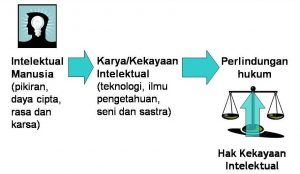 One of the IP protection is through copyright law which is the exclusive right of the creator that arises automatically “after a work is realised in a tangible form” without the need to register the work regulated in the law and regulations (Law No. 28 of 2014 concerning Copyright (Copyright Law). Until now, students of the Bachelor of Pharmacy Study Program, Faculty of Health Sciences, Alma Ata University have been able to produce pharmaceutical product innovations, including “Analhawa Honey, Hadagi Cough Medicine, Clove Honey, Coco Telon Oil, Alang Ravada Honey, and ND Traditional Mask” as well as several booklets, one of which is a catalogue of herbal medicines resulting from Student Community Service (KKN) in Guwosari Village, Pajangan, Bantul (Figure 2) which has been registered at the DJKI as a creation through the Alma Ata University IP centre.
One of the IP protection is through copyright law which is the exclusive right of the creator that arises automatically “after a work is realised in a tangible form” without the need to register the work regulated in the law and regulations (Law No. 28 of 2014 concerning Copyright (Copyright Law). Until now, students of the Bachelor of Pharmacy Study Program, Faculty of Health Sciences, Alma Ata University have been able to produce pharmaceutical product innovations, including “Analhawa Honey, Hadagi Cough Medicine, Clove Honey, Coco Telon Oil, Alang Ravada Honey, and ND Traditional Mask” as well as several booklets, one of which is a catalogue of herbal medicines resulting from Student Community Service (KKN) in Guwosari Village, Pajangan, Bantul (Figure 2) which has been registered at the DJKI as a creation through the Alma Ata University IP centre.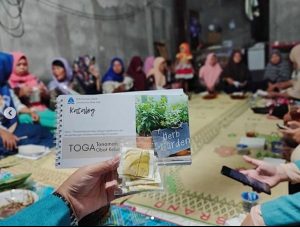
Copyright does not protect ideas but expressions or expressions of ideas, so that two different people can have the same idea but as long as the idea or expression is different” DJKI (2020). Violations that can occur such as quoting without mentioning the author’s source, taking the work and selling it without the author’s permission, and commercialising the work without the author’s knowledge. If these violations occur and the work is legally protected, the violator can be prosecuted. The advantage of registering an invention or innovative product with a patent, will provide complete legal protection for the creator or inventor. Protection of scientific works for 70 years, protection of works in the form of computer programs for 50 years from the time of publication, broadcast works for 25 years, and other works such as photography, portraits, audiovisual works (except broadcast works), video games, embellishments of written works, translations will get 50 years of protection. The validity period of the economic rights of copyright protection on creation is based on articles 58 and 59 of Act No. 28 Year 2014.

